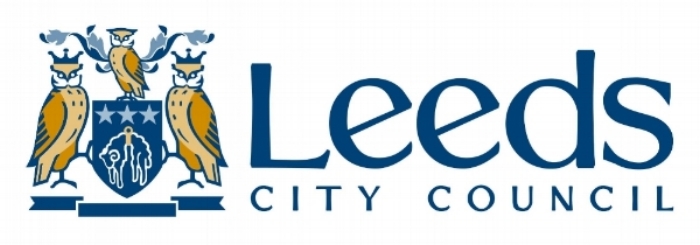The Brief
Leeds City Council is the second largest unitary local authority in England with waste and recycling services being provided to around 300,000 properties. The Authority has worked to double the recycling rate from its 2006 level to around 40%. Despite this increase, Leeds are now working towards a 65% recycling rate by 2035 and are looking to implement further recycling initiatives which may improve performance. Material streams that are not presently collected at the kerbside, including food waste, have been explored through option assessment and feasibility assessment delivered by WRM.
WRM were approached by Leeds City Council to conduct a feasibility assessment of city-wide food waste collections to build on an existing trial food waste collection service that the Authority had implemented in the Rothwell area. Having previously looked at a standalone food waste collection service, the Leeds City Council waste team were keen to explore other collection approaches, such as split body vehicles and food waste pods on alternate weekly collection vehicles.
As Organic Waste Specialists, The WRM Team Were Able To Provide A Good Level Of Insight Into Various Food Waste Collection Options. This Was Supported By Detailed Knowledge On Costs And Market Dynamics Which Supported The Feasibility Aspect Of The Project
Andrew Lingham – Leeds City Council Waste Strategy Manager
The Solution
WRM worked to first understand the applicability of food waste collection approaches, which included a range of standalone and integrated (split body and pod) options. A techno-economic model was then developed to evaluate the financial and qualitative performance of each option.
Evaluating rounds for efficiency opportunities – In addition to the modelling of the new service, WRM evaluated existing round data for all material collection services to identify any under-utilised capacity within current collection services which could be re-deployed to support food waste collections. This aspect of work also looked at the balance of residual and dry recycling collections within the alternate weekly collection service to identify the opportunity for including a food waste pod on the existing collection rounds.
Identifying areas with potential high capture rates – to support the focus on expanding the current Rothwell food waste collection trial, WRM undertook waste mapping at a LSOA level. This provided an indication on where the highest yield would be obtained, potentially supporting a phased approach to expand the food waste recycling service.
Preparation of business case – on conclusion of the research and analysis, WRM developed a a business case report which supported decision making within the Council’s service leadership team and executive.
Outcome – The work provided a clear brief on the options and costings for expanding food waste collections across the Leeds City Council administrative area. The assessment of existing rounds found a limited level of surplus capacity which was insufficient to support expansion of the Rothwell trial. Notwithstanding this, Leeds City Council continue with their ambition for food waste collection, and the publication of the Simpler Recycling policy will support the implementation of a city wide service by March 2026.
